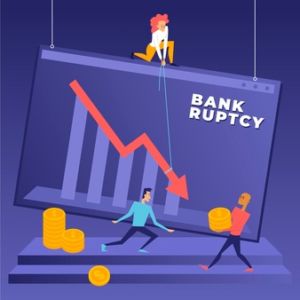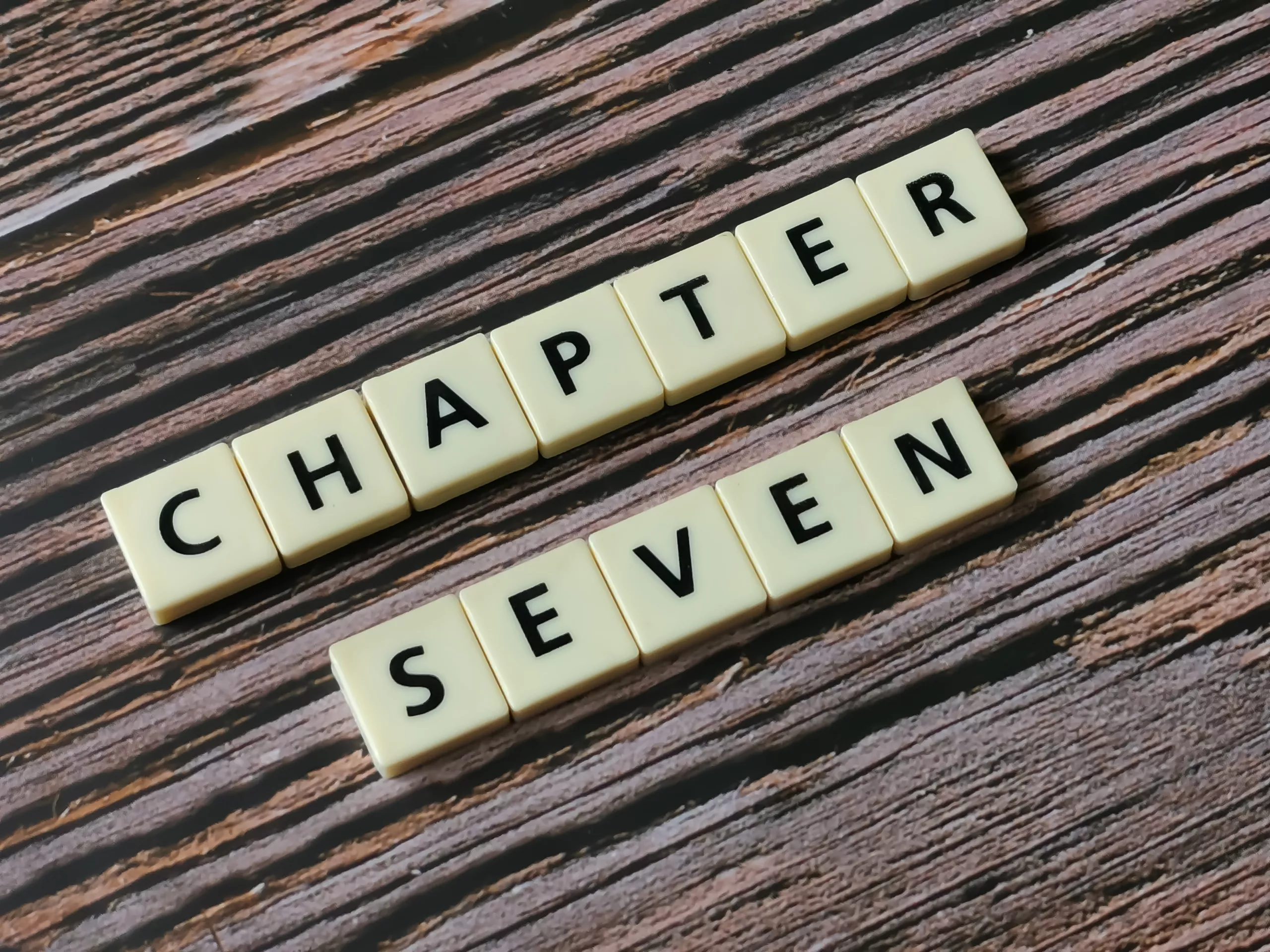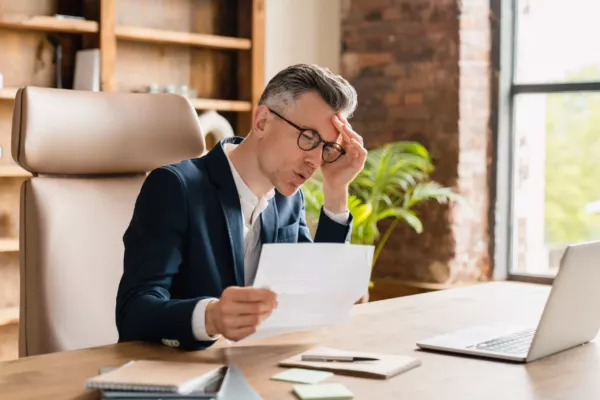Bankruptcies are legal proceedings that allow insolvent debtors with large amounts of debts to have a fresh start. While filing bankruptcy is a legal way for people to wipe out their unsecured debts and obtain debt-relief, not everything is wiped out. One of the benefits of filing a bankruptcy petition includes bankruptcy protection as follows:
- Stops creditors from collecting or harassing you
- Halts wage garnishment
- Stops the foreclosure of your house or mobile home
- Stops the repossession of your car and other property or demanding the return thereof if they are taken
- Prevents termination of utility services or restores such in the event of termination.
Bankruptcy filing enables us to eliminate most debts, if not all, depending on their type. Some of the debts that can be eliminated are:
- Medical bills
- Credit card debts
- Collection accounts
- Loan debts
However, please take note that some debts cannot be discharged such as:
- Mortgages or liens of a secured creditor
- Child support
- Alimony
- Student-loan
- Criminal fines
- Tax debt
New Jersey Bankruptcy Exemptions
After filing bankruptcy, you will not lose all your property, but you might not protect everything. It all depends on whether the property you seek to protect is within the New Jersey exemption list or in the Federal bankruptcy exemption list. In New Jersey, you can choose the list that benefits you better, but you cannot pick from both lists. Some of the exemptions in New Jersey include:
- Cemeteries and burial funds
- Crime victim’s compensation
- Homestead or residential property
- Insurance benefits
- Motor vehicles
- Pension and retirement benefits
- Personal property
- Public assistance
- Tenancy by the entirety
- Unemployment compensation
- Wildcard exemption
- Worker’s compensation
The items included in the New Jersey exemption list are changed periodically hence, consulting with a New Jersey bankruptcy lawyer is highly advised.
Types of Bankruptcy
 There are different types of bankruptcies that a debtor can avail of depending on their circumstances. Most people filing bankruptcy in New Jersey do so under Chapter 7, Chapter 11, or Chapter 13. Under these kinds, all types of persons can file, individuals, companies, married couples, and such if they are deemed as qualified.
There are different types of bankruptcies that a debtor can avail of depending on their circumstances. Most people filing bankruptcy in New Jersey do so under Chapter 7, Chapter 11, or Chapter 13. Under these kinds, all types of persons can file, individuals, companies, married couples, and such if they are deemed as qualified.
Chapter 7 Bankruptcy –
is often referred to as liquidation or straight bankruptcy. This Chapter is a process that puts the debtor’s properties under the bankruptcy court and a trustee. Properties that are deemed as “exempt” are kept by the debtor while the “nonexempt” are sold by the trustee in which the proceeds are used to pay off the creditors. It is important to take note that not everyone can file for bankruptcy in Chapter 7. People without much property often avail this kind of Chapter because they do not have too many assets to give up. To be eligible to file for Chapter 7, you must first take a credit counseling class and then pass the means test. The means test is a process to determine your median income. If it is below the median income in New Jersey, you pass the test.
Chapter 11 Bankruptcy –
is also known as a commercial bankruptcy availed by businesses, corporations, partnerships, and sole proprietors that want to make a repayment plan for their debts while liquidating their assets. However, individuals with above $330,000 of unsecured debt and more than $1,000,000 of secured debts may also file this Chapter. Chapter 11 is different because it does not touch the personal assets of the stockholders, only the investment in the company. However, a sole proprietor does not enjoy this benefit because the personal and business assets are joined as one. The debtor will be placed as a bankruptcy trustee and he or she must follow the rules stated in the Bankruptcy Code and the Federal Rules of Bankruptcy Procedure.
Chapter 13 Bankruptcy –
is called a reorganization plan because it organizes the debts and makes a repayment plan to pay back the creditors for three to five years based on their family income. With the help of bankruptcy lawyers, a debtor availing a Chapter 13 will create a payment plan that will reorganize and distribute their monthly disposable income to their creditors. Disposable incomes are incomes that are excess after deducting the allowed expenses from the gross earnings. The amount to be paid will be determined by taking into consideration the debtor’s property, median income and expenses. An advantage in a Chapter 13 bankruptcy is that it lets you keep more property, and it allows you to catch up on mortgages or bankruptcy car loans without the threat of foreclosure or repossession.
Talking to a Bankruptcy Attorney
The Bankruptcy law allows an individual to file a bankruptcy case without bankruptcy attorneys but doing so comes with its own risk. The laws change over time, and the bankruptcy process can be very tricky and complicated. If you are considering bankruptcy but you are not yet certain if that is the best choice, we at Karina Lucid Law will help you or your business get through your debt problems. Our bankruptcy lawyers are experienced in bankruptcy-related matters and we will tailor the best advice for your specific needs. Call us now for a free legal consultation!


